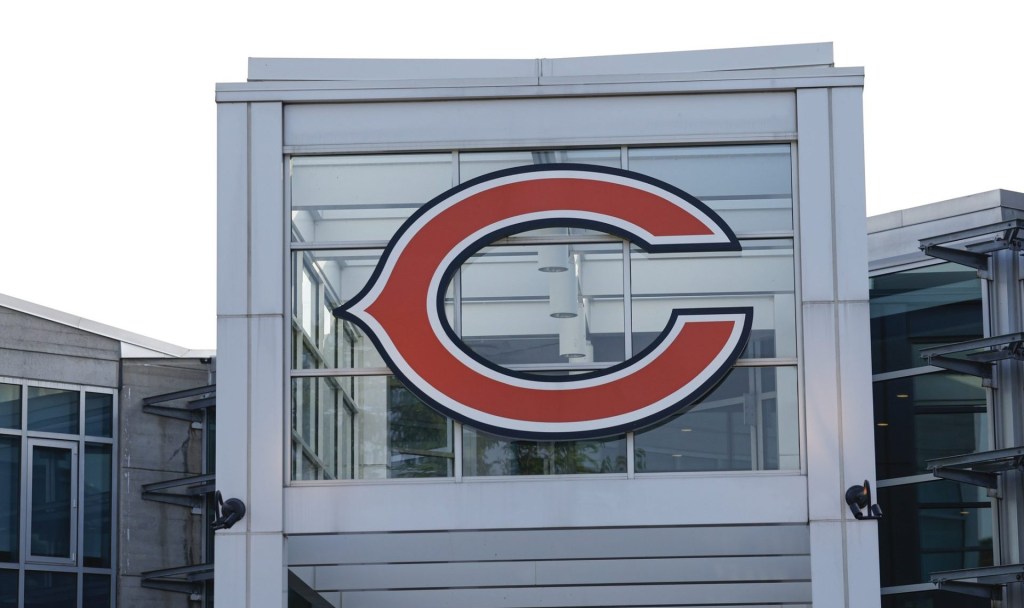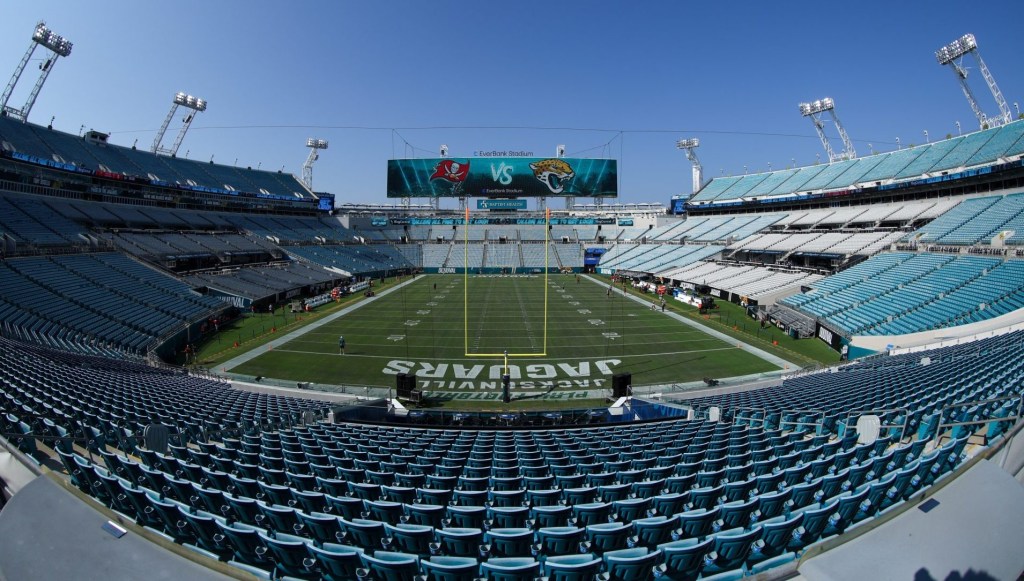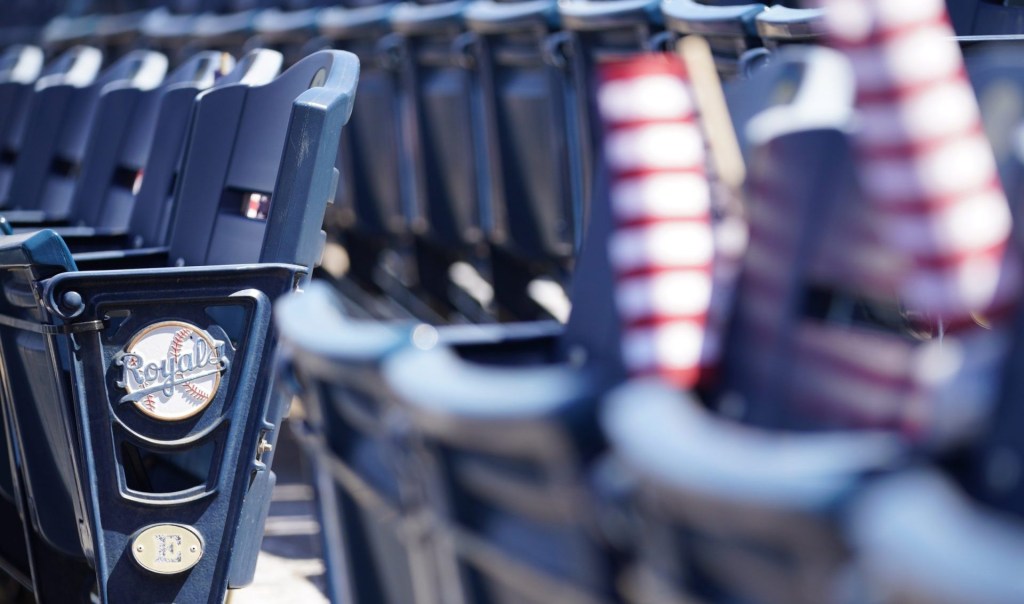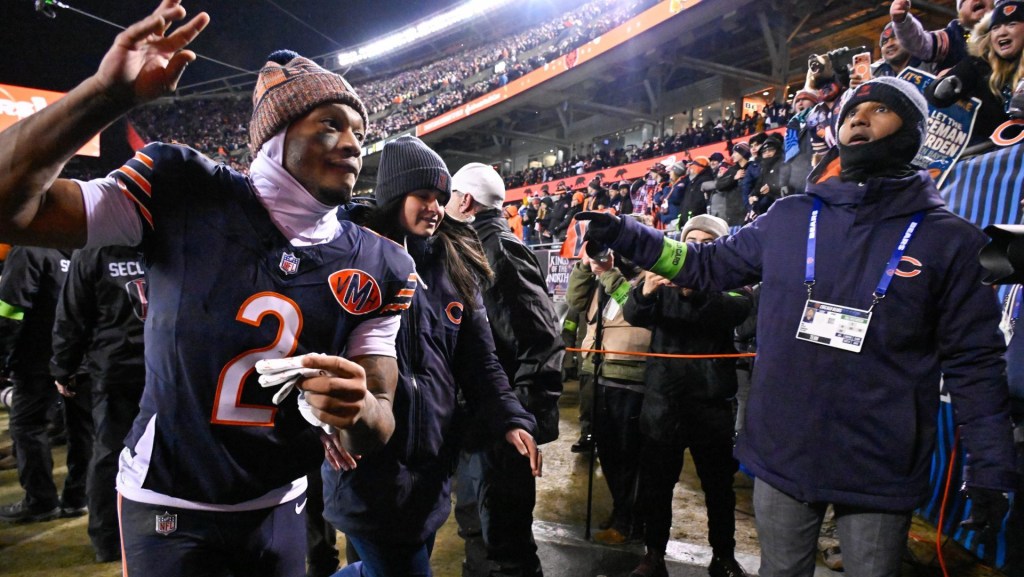A long-lionized team owner is facing some real public pushback, for perhaps the first time in his extended run in sports, and is now trying to change minds.
Ted Leonsis, the chair of Monumental Sports and Entertainment and for more than two decades a highly popular figure in Washington, penned a nearly 2,600-word open letter about his much-debated, $2 billion effort to build a new arena and mixed-use development for the NBA Wizards and NHL Capitals in Alexandria, Va. The missive—highly unusual in both length and specificity compared to other team owners pursuing stadium or arena projects—amounts to his most substantive response to date as the proposal faces growing opposition in both D.C. and Virginia.
“I find the notion that sports arenas and stadiums do not provide economic benefit to be simply illogical,” Leonsis wrote. “Professional sports teams are important to the fabric of a community. The buildings they play in bring people together, they drive economic growth, and they are worthy of investment.”
Among other key arguments Leonsis makes:
- He champions his long-held belief that the Washington area is actually becoming a “supercity,” with the team’s media market stretching from Richmond to southern Delaware, and continued growth within that area reducing geographic distinctions. “Monumental Sports and Entertainment has always been about the entire DMV,” Leonsis writes, referring to the District of Columbia, Maryland, and Virginia.
- He seeks to counter the argument that the Alexandria project would reduce accessibility for Wizards and Capitals fans, particularly ones from Maryland, and cites the 2.6 miles from the Potomac Yard location to the D.C. border. But that short distance can require anywhere from 30 to 90 minutes in typical Washington rush-hour traffic, and the proposed new arena is not nearly as centrally-located within the area’s Metro system.
- The size of the land, he argues, is critical in the strategy behind the project, with the 12 acres in the Virginia parcel more than tripling the 3.8-acre size of Capital One Arena, the teams’ current home. “Professional sports teams are realizing that to build championship-level contenders, an outsized investment in space is required,” Leonsis said.
- Monumental, he says, is planning to contribute $400 million toward the project, with the rest coming from public bonds primarily funded by lease payments from the teams and development-related tax revenues. The effort also calls for more than $100 million in upfront subsidies from the city of Alexandria.
Despite the big move toward transparency, Leonsis is likely to face more obstacles in his path. Legislation has been introduced in the Virginia General Assembly, but state-level political opposition has already surfaced to join pockets of objection among local residents.

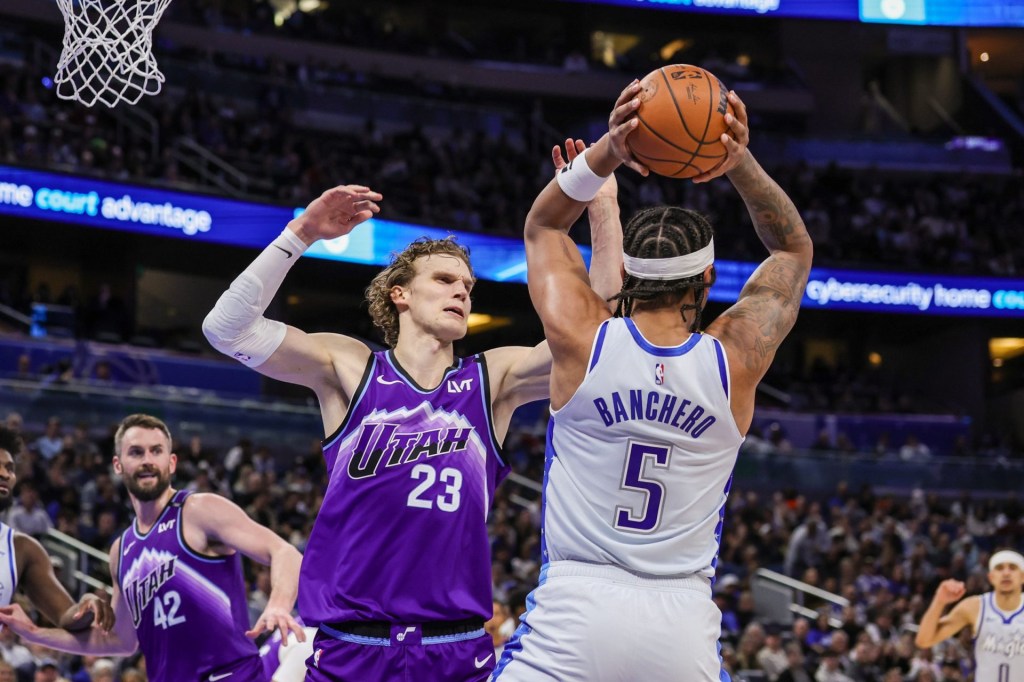
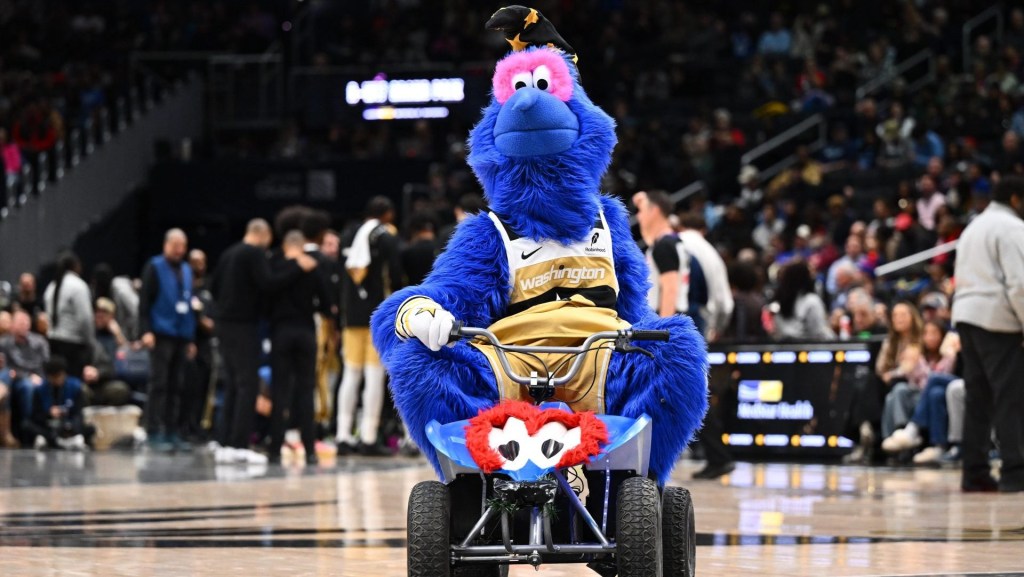
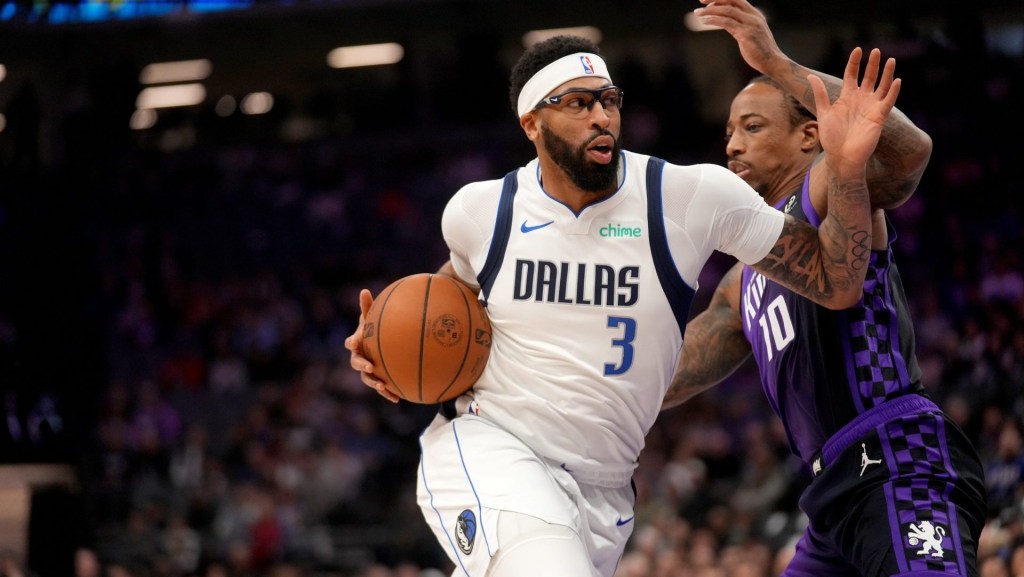
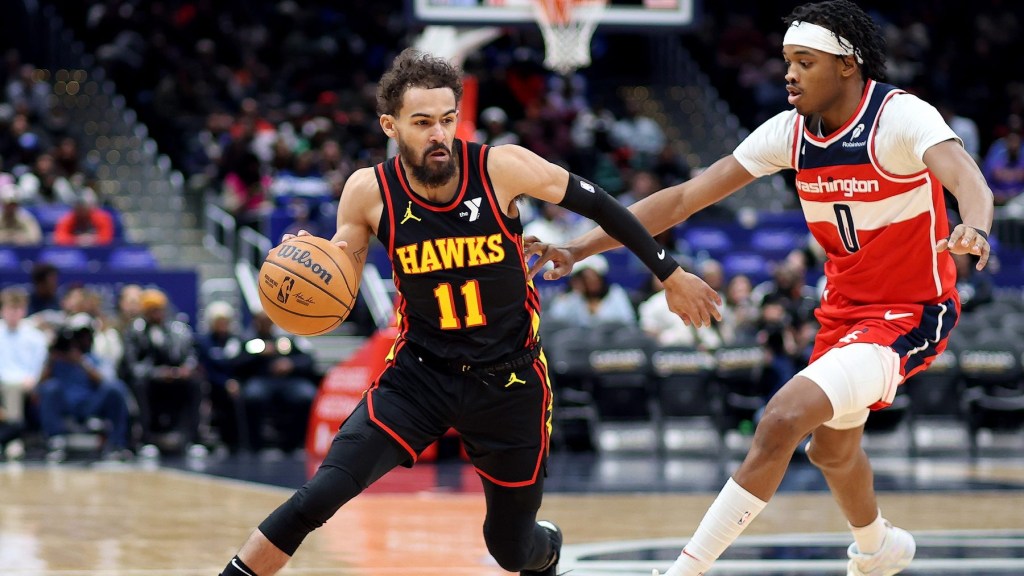

![[Subscription Customers Only] Jun 15, 2025; Seattle, Washington, USA; Botafogo owner John Textor inside the stadium before the match during a group stage match of the 2025 FIFA Club World Cup at Lumen Field.](https://frontofficesports.com/wp-content/uploads/2026/02/USATSI_26465842_168416386_lowres-scaled.jpg?quality=100&w=1024)
![[Subscription Customers Only] Jul 13, 2025; East Rutherford, New Jersey, USA; Chelsea FC midfielder Cole Palmer (10) celebrates winning the final of the 2025 FIFA Club World Cup at MetLife Stadium](https://frontofficesports.com/wp-content/uploads/2026/02/USATSI_26636703-scaled-e1770932227605.jpg?quality=100&w=1024)


